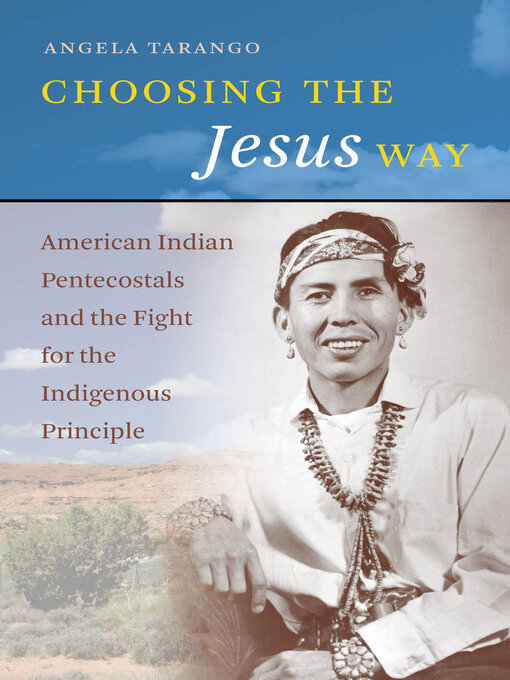- All Magazines
- Popular Magazines: Always Available
- Cooking and Food Magazines
- Craft Magazines
- News and Politics
- See all
Key to the story is the Pentecostal "indigenous principle," which encourages missionaries to train local leadership in hopes of creating an indigenous church rooted in the culture of the missionized. In Tarango's analysis, the indigenous principle itself was appropriated by the first generation of Native American Pentecostals, who transformed it to critique aspects of the missionary project and to argue for greater religious autonomy. More broadly, Tarango scrutinizes simplistic views of religious imperialism and demonstrates how religious forms and practices are often mutually influenced in the American experience.

